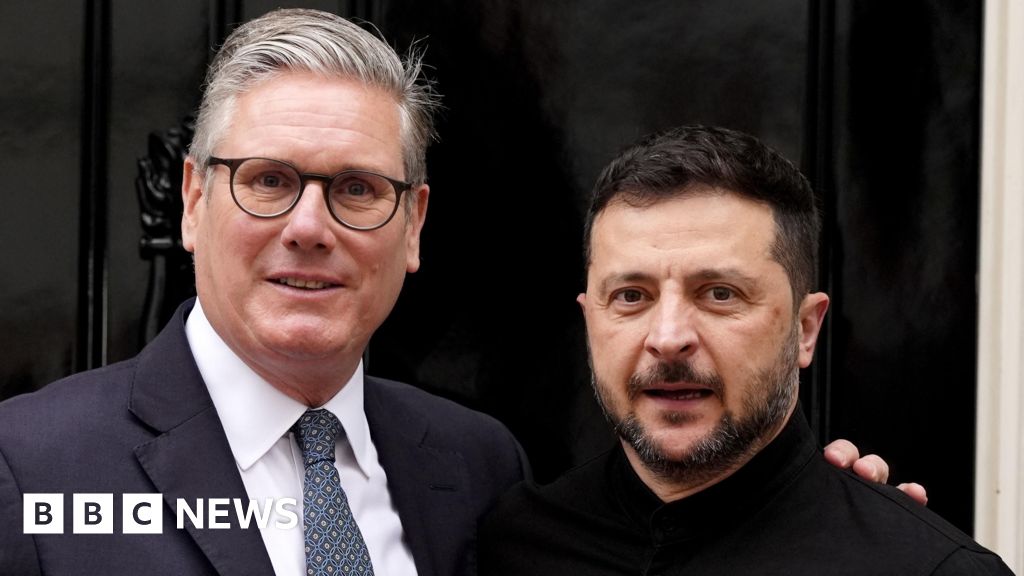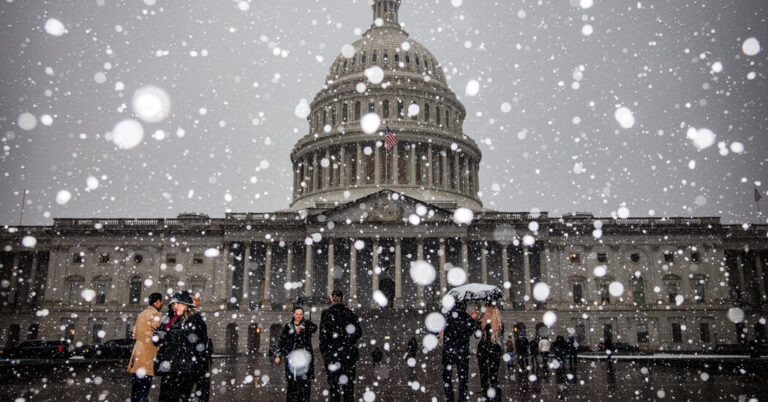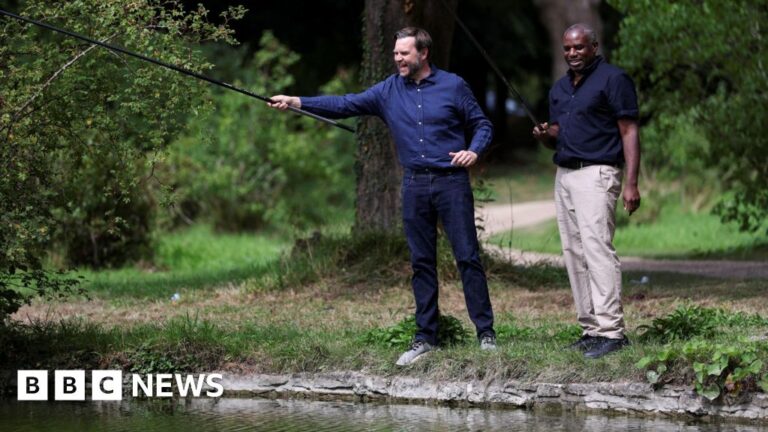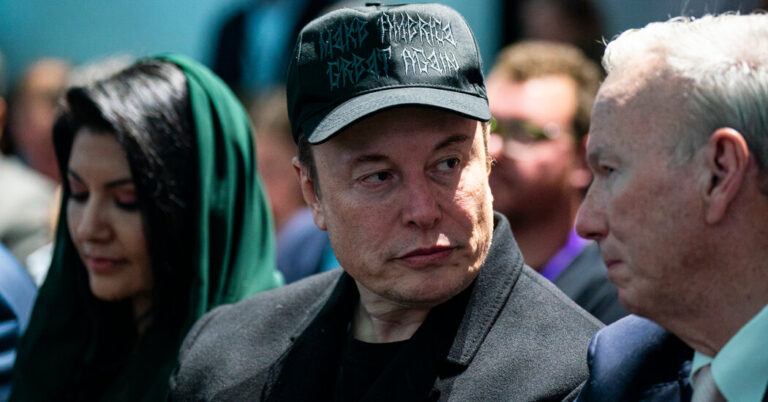In all of Sir Keir Starmer’s interventions on a possible Ukrainian peace process, there seems to be a significant gap between his careful public pronouncements and more pragmatic private views. The only constant is the PM’s regular condemnation of Russia’s President Putin and support for President Zelensky. Some argue the Starmer strategy is sensible when handling complex negotiations involving unpredictable world leaders. There was significant anxiety in Westminster about Friday’s Alaskan meeting between presidents Putin and Trump. Yet UK ministers stayed diplomatic and avoided the punchy language of former PM Boris Johnson. He called that meeting “the most vomit-inducing episode in all the tawdry history of international diplomacy”.
Sir Keir has not said it explicitly but I am told the UK government privately accepts the premise of “land for peace” – Ukraine ceding territory as part of a peace deal with Russia. That might only involve land already under the control of the Russian military, but it nonetheless points to a painful process ahead for Kyiv. No 10 sources have stressed, however, that any questions about territory are ultimately a matter for Ukraine, and Ukraine only. “There are three issues”, one British official told me. “How much land, which land, and whether de facto or de jure.”
This final issue refers to a possible grey area in negotiations. Ukraine could accept land as “de facto” Russian territory because Moscow controls it militarily. Or it might be accepted as Russian “de jure” and internationally legally recognised as such. I am told the UK government is hoping for two things from today’s mass leaders’ visit to the White House. Firstly they want to encourage President Zelensky to carefully listen to and consider what Donald Trump is offering. Memories of February’s Oval Office argument remain fresh and all are keen to avoid a repeat.
Secondly, Keir Starmer and his European colleagues want to flesh out details of what they hope will be “ironclad” security guarantees – measures to protect and defend Ukraine in the event a peace deal is struck. Trump envoy Steve Witkoff’s recent endorsement of these proposed security guarantees as “game changing” is seen in No 10 as proof that months of work on Starmer and Macron’s ‘coalition of the willing’ is finally paying off. UK government sources point out that many had argued this effort was an irrelevance or would not happen, and yet the opposite is now the case.
Sir Keir’s role at the White House today is likely to rely on the rarity of his strong relationships with both Trump and Zelensky. The PM seems keen to continue his role as a diplomatic ‘bridge’ between the White House and European leaders. As he flew to Washington DC on Monday morning, the PM said, in a video posted on X: “Everybody wants it to end, not least the Ukrainians. But we’ve got to get this right. We’ve got to make sure there is peace, that it is lasting peace, and that it is fair and that it is just.”
But what exactly will Donald Trump contribute? Witkoff has said the “United States could offer Article 5-like protection”, a reference to the section of Nato’s treaty which outlines its principle of collective defence. Zelensky has praised this as “a historic decision”. But a firm, public, on camera commitment from President Trump as to the US’s role might calm anxieties in London, Paris, Berlin and Rome. One UK government source described President Trump’s role in Ukraine-Russia peace negotiations as an “exercise in raw power”.
The assessment of UK officials is that Donald Trump will strain every American muscle to get a deal. He ideally would like to bring Western nations along, yet they believe his hunger for peace outweighs his wish to ensure European leaders are mollified. Keir Starmer’s calculation seem to be that for now he should be supportive and pragmatic, even if his hostility and scepticism towards Vladimir Putin does not seem to be shared by the US president.
Source link




